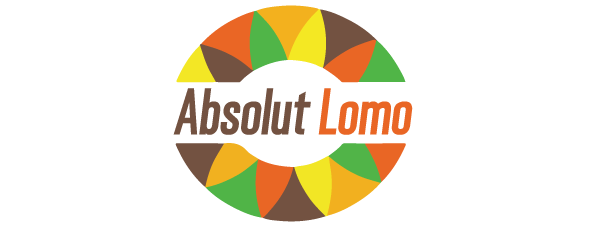In the realm of real estate investment, condominium development stands out as a dynamic and lucrative venture, offering investors a pathway to substantial returns on investment ROI if executed strategically in a competitive market. Understanding the economics of condominium development is essential to maximizing ROI and navigating the challenges and opportunities inherent in this sector. One of the key aspects influencing the economics of condominium development is location. The adage location, location, location holds true, as prime locations often command higher prices and attract discerning buyers. Developers must conduct thorough market research to identify areas with high demand and growth potential, aligning their projects with the preferences and lifestyle aspirations of the target market. Proximity to essential amenities such as schools, shopping centers, transportation hubs, and recreational facilities can significantly enhance the marketability and value proposition of a condominium development, ultimately translating into higher ROI. Market dynamics and trends also play a crucial role in shaping the economics of condominium development.
Understanding market trends, such as shifts in buyer preferences, emerging lifestyle trends, and technological advancements impacting the real estate sector, enables developers to stay ahead of the curve and design projects that resonate with current market demands. For example, the rising demand for eco-friendly and sustainable living spaces has prompted developers to integrate green building practices and energy-efficient features into their condominium projects, not only appealing to environmentally conscious buyers but also potentially reducing long-term operational costs and enhancing the property’s value. Moreover, financing and cost management are paramount considerations in optimizing ROI in condominium development. Securing favorable financing terms Parktown Residences UOL Group, such as low-interest rates and flexible repayment schedules, can lower financing costs and improve project feasibility. Implementing robust cost management strategies, including efficient project planning, procurement practices, and construction management, helps control expenses without compromising on quality. Negotiating competitive pricing with suppliers and contractors, leveraging economies of scale, and adopting innovative construction technologies can contribute to cost savings and enhance overall project profitability.
Offering incentives such as early bird discounts, flexible payment plans, and value-added amenities can incentivize buyers and expedite sales velocity, positively impacting cash flow and ROI. Furthermore, effective project management and risk mitigation strategies are instrumental in safeguarding ROI throughout the development lifecycle. Timely project execution, adherence to regulatory requirements, proactive risk assessment, and contingency planning mitigate potential disruptions and cost overruns, preserving profitability and investor confidence. Engaging experienced professionals, including architects, engineers, legal advisors, and property management firms, fosters operational efficiency and ensures the successful delivery and management of the condominium development. In conclusion, the economics of condominium development revolve around strategic decision-making, market insights, financial acumen, and operational excellence. By meticulously analyzing market dynamics, optimizing financing and cost management, implementing effective pricing strategies, and mitigating risks, developers can maximize ROI and achieve sustainable success in a competitive real estate landscape.
